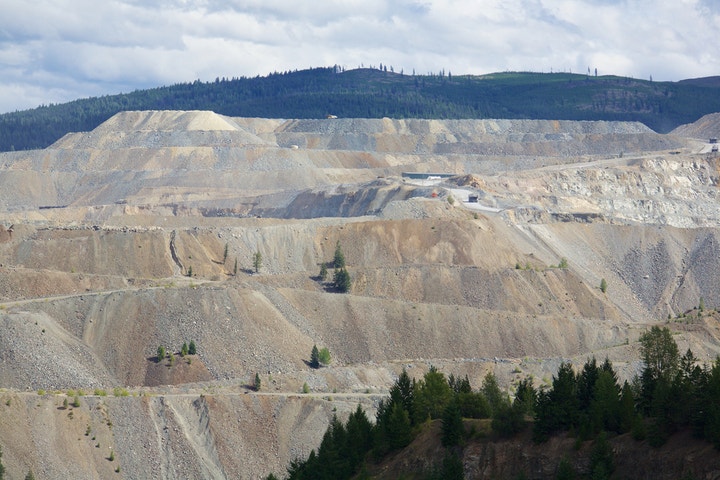
Chile's Congress has passed a long-awaited mining regulation reform to cut permitting times drastically. The reform is expected to boost investor confidence in the world's top copper producer and second-largest lithium supplier.
The legislation, passed with 93 votes in favor, 27 against, and 17 abstentions, amends over 40 sectoral laws and now awaits President Gabriel Boric's signature to become law.
"This will allow us to substantially reduce permitting times while maintaining our regulatory rigour," Economy Minister Nicolás Grau said after the vote, according to Reuters.
The reform is expected to reduce permitting timelines by 30% to 70%, addressing long-standing complaints from the mining and renewable energy industries that permitting delays stifle billions of dollars in investment.
Before the reform, major mining projects often waited more than a decade for approval. For example, the average permit process in Chile can last up to 12 years, one of the longest globally.
The new legislation institutionalizes a digital one-stop permitting platform, "SUPER," which allows end-to-end case tracking and service interoperability. It also establishes a new coordinating body, the Sectoral Authorizations and Investment Office, to modernize permitting procedures.
Despite the breakthrough, challenges remain. Jorge Riesco, president of Chile's National Mining Society (SONAMI), called the reform "a step in the right direction" but stressed that "more work is needed" to modernize Chile's permitting framework fully.
When Gabriel Boric assumed the presidency in 2022, he pledged to bolster environmental protections and reverse the deregulation trends set by his predecessor, Sebastián Piñera.
A key scandal related to Piñera's sale of his stake in the controversial Dominga project—reportedly contingent on regulatory favors—had a significant impact on the public debate regarding mining oversight. Boric ran on a platform critical of unchecked extractivism, and while he opposes projects like the Dominga, his government is not anti-mining.
To balance environmental protection and growth, Boric introduced the "Environmental Evaluation 2.0" plan—a separate but complementary reform to streamline environmental assessments. The proposal has stirred up criticism from both sides of the aisle. Industry groups argue that it gives courts too much power to delay projects, while environmental NGOs insist it caters to big economic interests.
Environmental issues remain a significant challenge. In 2022, BHP (NYSE:BHP) was fined $8.2 million for over-extracting water in the sensitive Atacama region, which is home to the massive Escondida copper mine.
To address this, innovation in extraction methods—especially those related to lithium—is gaining attention. Technologies like Direct Lithium Extraction are being promoted to reduce water consumption and environmental degradation.
According to Chile's Constituent Assembly's 2022 decision, Boric is ineligible to run for reelection in 2026. Still, the policies launched during his term will direct the development of one of the key mining countries in the ongoing commodity cycle.
Read Next:
Photo via Shutterstock







